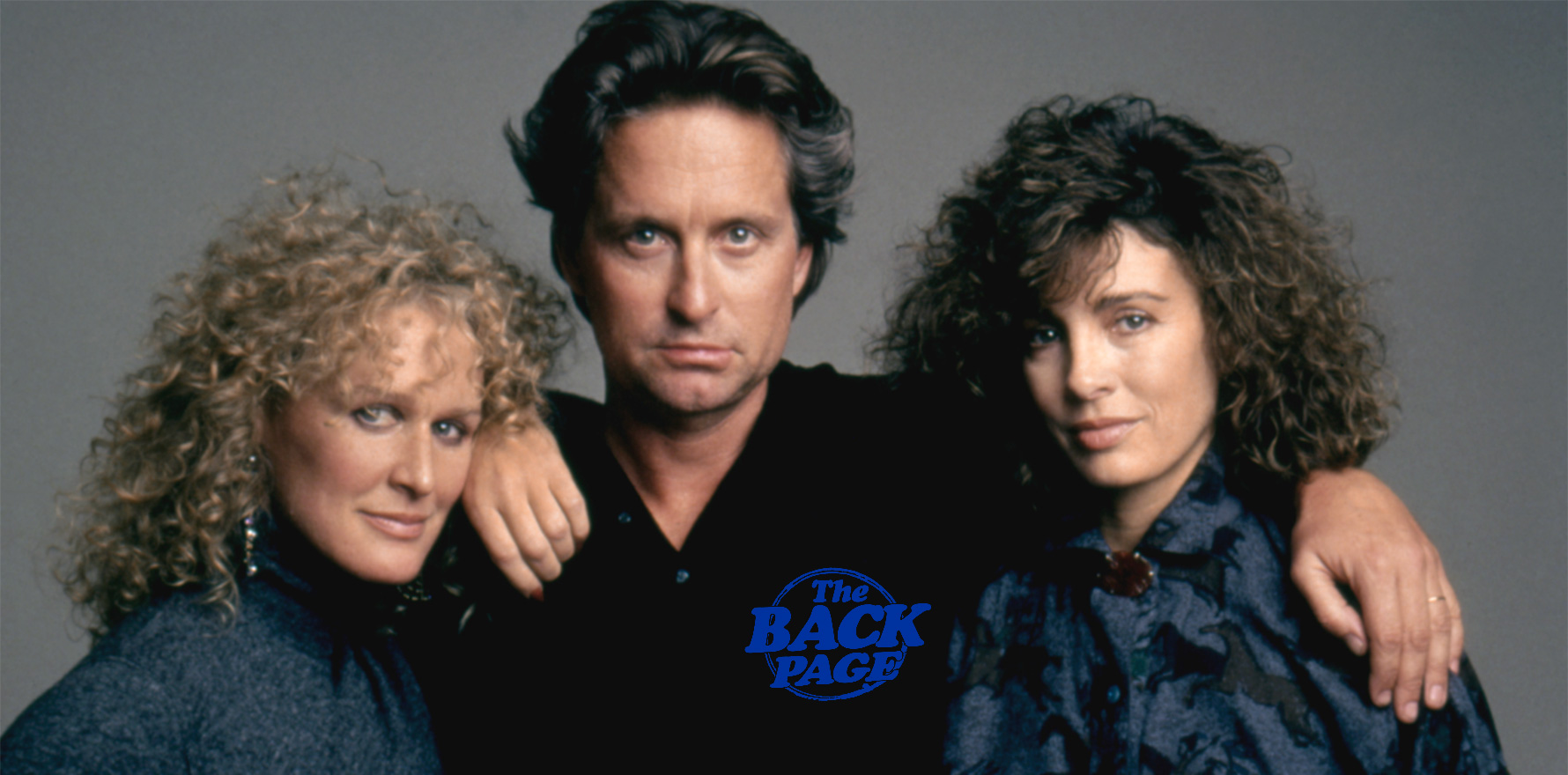Lovers fall into four categories, a new Australian study finds.
You may be a lover not a fighter, but what kind of lover are you?
A messy obsessive, a humdrum and dutiful partner or, let’s say, one of those newly coupled-up people who are late to everything?
The Back Page isn’t telling, but for anyone wanting a taxonomy of romantic styles and behaviours, this Australian study has you covered.
(Tragic the paper didn’t make it out in time for Valentine’s Day: the timeline says it was received 1 June 2024 – plenty of time! – revised 3 February – could still make it – accepted 13 February – oh come on – and available online 27 February. Sigh.)
The researchers, from the schools of anthropology and psychology at ANU and University of Canberra, took data on 809 couples from the Romantic Love Survey 2022 and performed a cluster analysis to map the variety in this important human sphere.
Their four primary variables were intensity of romantic love, obsessive thinking, commitment and frequency of sex.
The original sample was winnowed down to those who scored above 130 on the Passionate Love Scale-30 (what could be more passionate than completing this questionnaire) and who had been in love for 23 months or less. Given that anything from 106 to 135 is rated as “wildly, recklessly in love”, this sample is at the be-still-my-beating-heart end of things.
The four attributes formed four clusters, which the team named:
Mild romantic lovers, who made up 20% and were the dullest bunch, scoring lowest on all variables.
Moderate romantic lovers, who were the largest group at 40% and scored moderately across the board as the name suggests.
Libidinous romantic lovers, who were the horniest 10% of the lot, banging it out on average 10 times a week, four times the rate even of the …
Intense romantic lovers, who made up 30% and excelled on intensity, obsessive thinking and commitment.
The mild ones were more likely to be male (59%) and straight, had the lowest proportion whose partner is “definitely” in love with them (25%) and the lowest extraversion and agreeableness scores. Compared to the other groups they needed more sleep, were less energetic and active, showed less interest in sex and were less likely to be having it, and consumed more coffee, alcohol and drugs, but were also the most likely to be creative.
Moderates, also majority male (57%), were the least creative and took the least SSRIs, were the least quarrelsome and irritable and the most confident. “Otherwise,” the authors write, “moderate romantic lovers are entirely unremarkable.” We hope they’re getting something for that burn.
The libidinous types, the only group in which 100% were having sex, were only slightly more likely to be male (53%). They rated relatively highly on the other three primary attributes. They had the best relationships-related quality of life and the lowest anxiety and depression, but were also the likeliest to be on SSRIs (13%). They were the most energetic, liked travelling and spending money and smoked cigarettes the most.
The intense ones, the only majority-female group (60%), had the highest relationships satisfaction. They were the most sociable and least shy, and had the highest agreeableness and conscientiousness scores. They were more into wearing different clothing, talking more, making jokes and trying new things.
So far, so safe for pet bunnies.
“Variation is a necessary component for evolution,” the authors write. “That variation has been demonstrated in this study indicates that it is possible that romantic love is still subject to evolutionary selection. It may also indicate that different groups represent different strategies in terms of mate choice, courtship, sex, and pair bond formation.”
They acknowledge that the WEIRDness of participants limits generalisability.
The Back Page thinks these scores and types should be a mandatory inclusion in dating app profiles. Even if disappointment remains inevitable – especially in heterosexual dating given the gender unevenness in the four categories – it’ll be harder to say you weren’t warned.
Send heart-shaped story tips to penny@medicalrepublic.com.au.


